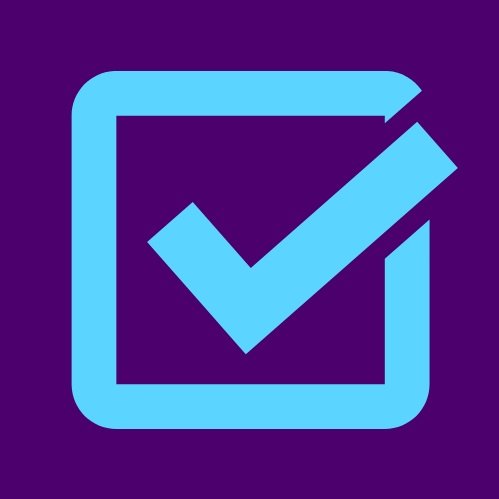Make Access A Practice Tip 4: List accessibility information on your website, emails, landing pages, and social media
Welcome back to #MakeAccessAPractice! Over the past three weeks, we have shared tips on how organizations can practice accessibility in their work. Visit our previous tips:
July is nearly here! In July, the disability community celebrates Disability Pride Month and the 33rd anniversary of the Americans with Disabilities Act. While it is a great time to celebrate the disability community, it’s important to remember that true disability inclusion doesn’t just happen for one month a year. Organizations that are committed to including the disability community must think about accessibility year round. Use the tips we’ve shared in #MakeAccessAPractice as a starting point to make your work more accessible and inclusive.
Last week, we discussed program accommodations: what they are, why they matter, and how to provide a way for program participants to request them. This week, we’re going to return to the topic of accommodations.
Listing Accessibility Information and Accommodations
As we said last week, it’s important for you to provide a way for attendees to request accommodations or ask questions about accessibility. However, as the program planner, you already know a lot of information about your program’s accessibility that will save everyone time. Disabled people constantly have to research whether an event or opportunity will be accessible, and it can be time-consuming and frustrating, especially if event organizers are not responsive to access needs. By providing accessibility information on your websites, event landing pages, emails, and social media, you will give disabled people important information about the accessibility of your program and what accommodations will be provided.
What Kind of Information Can You List?
The accessibility information that you include will depend on the type of event or program you are holding. Is it virtual, in-person, or hybrid? Here are some examples of accommodations you can list.
Virtual Events and In-Person Events:
Will you be providing closed captioning? Is it automated captioning or will you have Communication Access Realtime Translation (CART)?
Will you have American Sign Language interpreters?
If your event has any materials, such as PowerPoint presentations, will you be sending them out ahead of the program?
Do you have accessible formats for materials, such as electronic copies of hardcopy materials, large print, or Braille?
Accessible Venues
For in-person events, it is very important to vet the accessibility of a location ahead of time. We’re not going to go into detail about event accessibility here, but think about the importance of accessible entrances, bathrooms, and event spaces. Events range from tiny get-togethers to massive spectacles, so not all of the considerations below will be applicable to all events.
Does the event location have a wheelchair accessible entrance?
Are the rooms or areas where you’re holding the event wheelchair accessible?
Are the bathrooms wheelchair accessible?
Is there parking nearby (including accessible parking)? Is there public transportation nearby?
Is there an accessible area near the front of the event with both seats and room for wheelchairs?
Does your event have COVID safety protocols?
If food is provided, will you have options for different dietary restrictions? Can attendees share their dietary restrictions?
Listing any accessibility information that you know will make it easier for disabled attendees to learn whether an event will be accessible for them. However, you still should provide a way for attendees to ask questions and request additional accommodations. Even if you provide the information listed above, people may have other questions or access needs.
Hosting an accessible event involves more than choosing an accessible platform or location. There are many best practices you can incorporate to make your event more accessible and inclusive. By including your accessibility from the start as you plan your event, your program will be more welcoming to and inclusive of disabled attendees.
If you’re an organization who wants to learn more about how to accommodate disabled people in your programs and events, reach out to us at hello@disabilityvictory.org. There are also many checklists and resources available online that can help you understand event accessibility, such as:
Disability Victory is able to create resources like #MakeAccessAPractice thanks to generous supporters. Please support our work.

